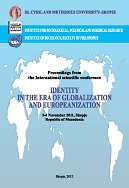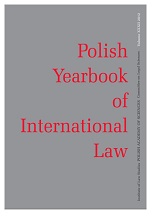Aequitas i Bona fides u pravnoj praksi antičkog Rima i zabrana zloupotrebe prava
The topic of this paper is a short overview of the principles aequitas and bona fides in the legal practice of ancient Rome and the analysis of a few examples of the prevention of the abuse of rights, based on these principles. The aim of the paper is to suggest the legislator that, in addition to a specific emphasis given to the prohibition of the abuse of rights, the future Serbian Civil Law Code (a project currently in progress) should stress the principles of justness, conscientiousness, and honesty, and that judges should be allowed more freedom in the application of these principles, in order for abuse of rights to be more successfully prevented in particular cases, much more numerous than legally expressible. This proposal implies the competence of judges, who should be up to this task both professionally and ethically in the very complex Serbian circumstances. In the end of the paper, dilemmas and opinions of some authors regarding ways to prevent present-day abuse of rights are given. An answer to the question from the beginning is also offered, i.e. it is concluded that judges should be given more freedom in the application of the principles aequitas and bona fides, in order for abuse of law to be prevented as successfully as possible (this especially applies to those new instances which cannot be foreseen in the legal acts). Along with this, a position is presented that perhaps, like old Romans, we should stress today that judicial application of law implies the respect of justice, and that in justice there is indeed something divine; this would , with a strong responsibility of the judge, imply a necessity to bring justice and law as close to each other as possible.
More...


